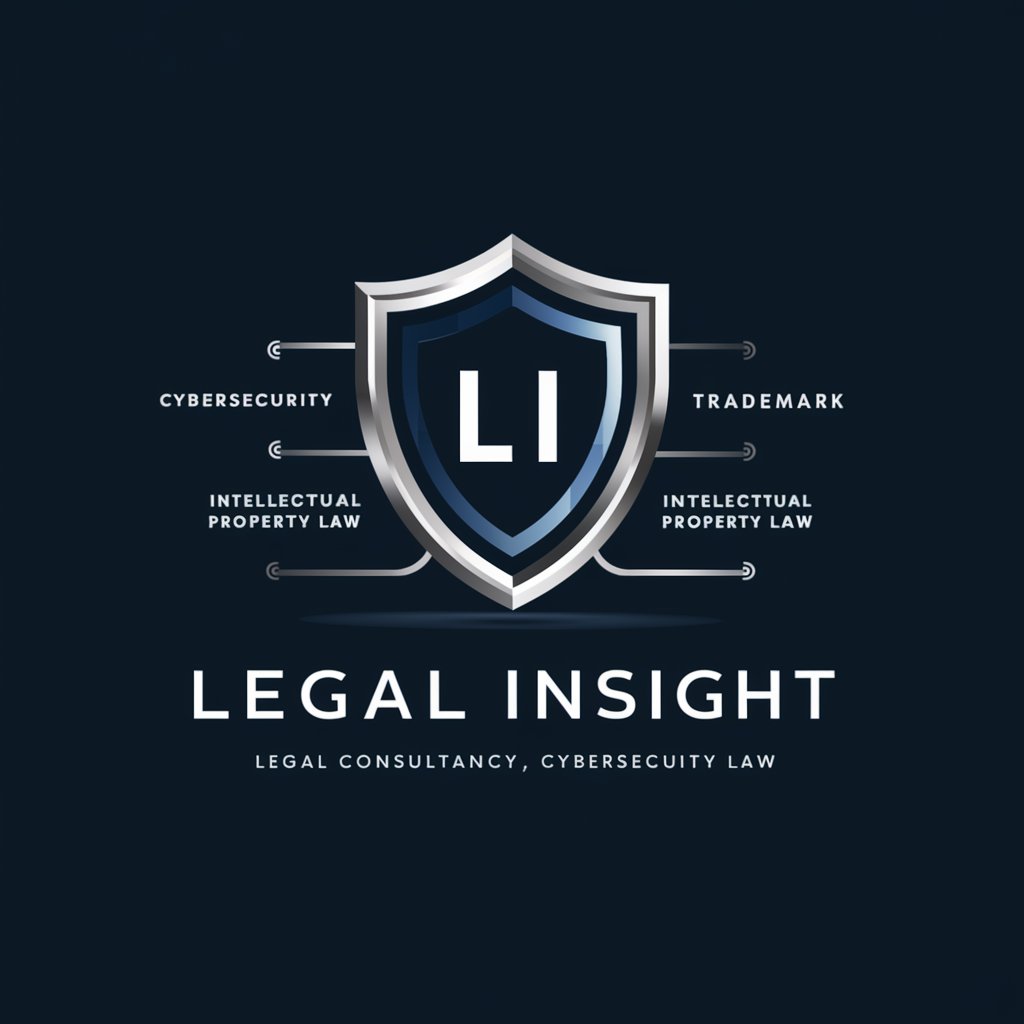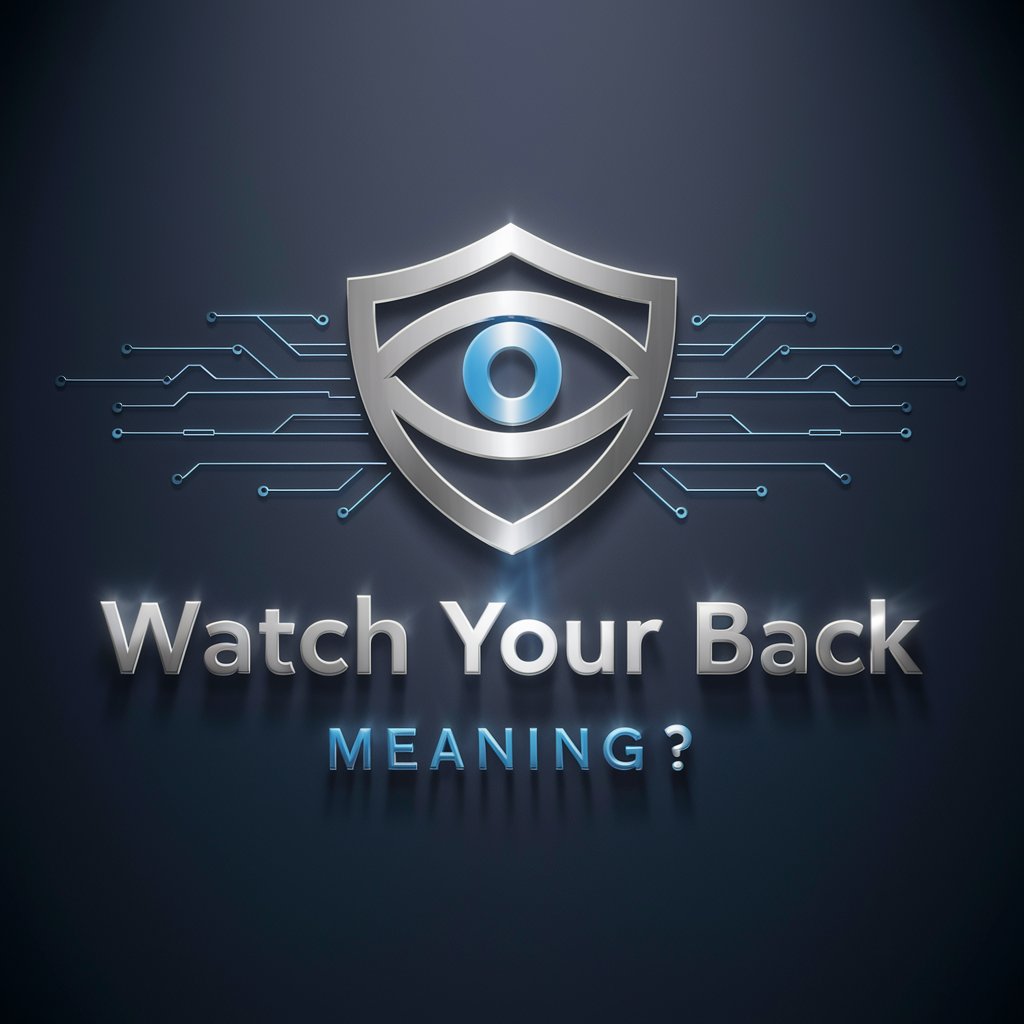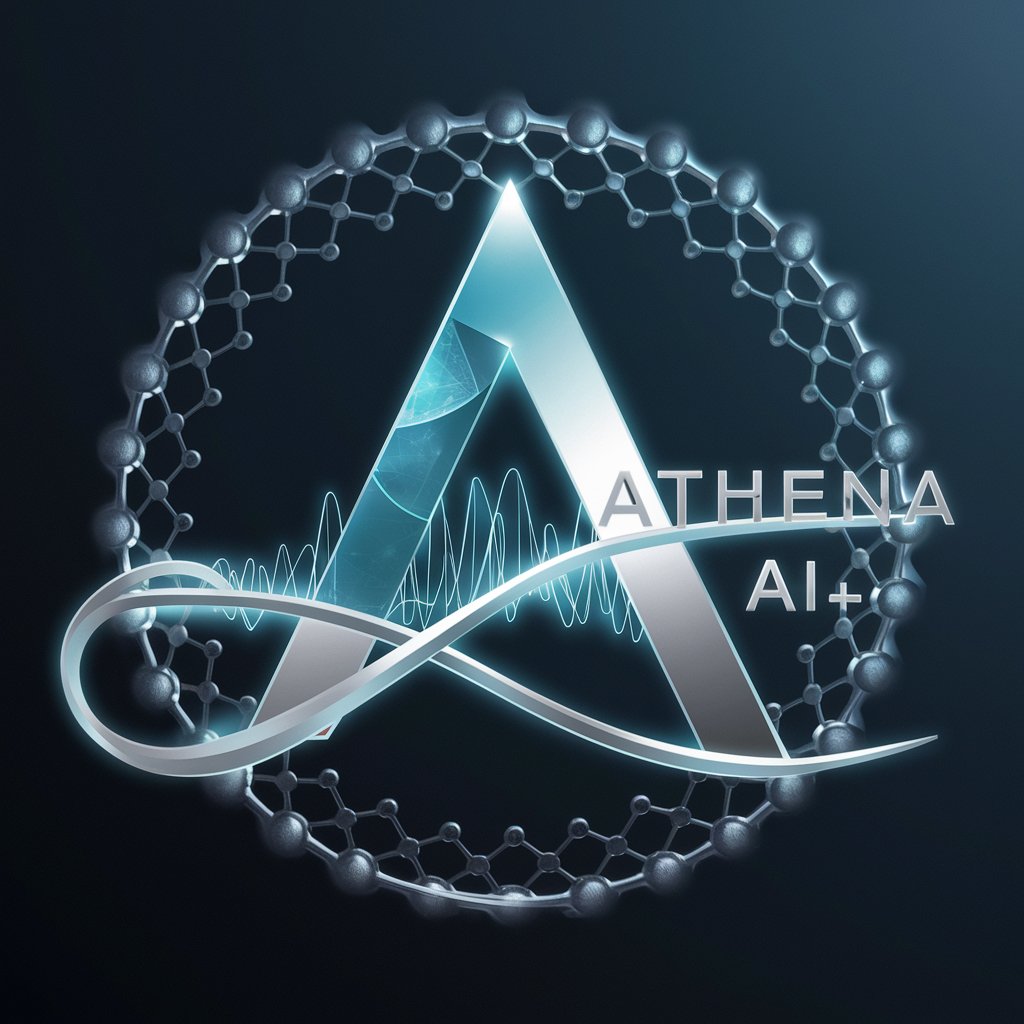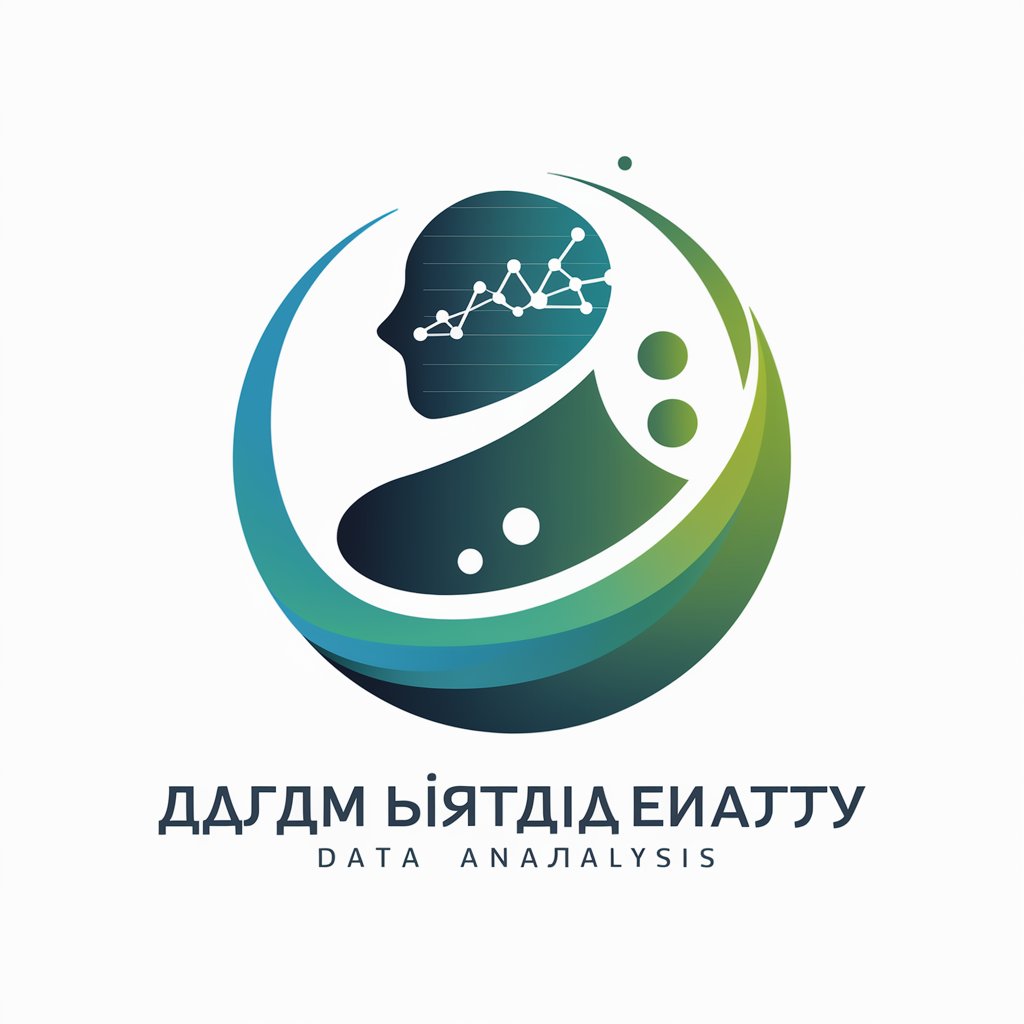Legal Cybersecurity Assistant - Legal Cybersecurity Expertise

Welcome to Legal Insight. How can I assist you with your legal queries today?
Empowering Legal Decisions with AI
Can you explain the key aspects of cybersecurity law?
What are the fundamental principles of trademark protection?
How does intellectual property law apply to digital content?
What are the best practices for maintaining cybersecurity compliance in a business?
Get Embed Code
Overview of Legal Cybersecurity Assistant
The Legal Cybersecurity Assistant is designed to provide insights and explanations on matters related to cybersecurity, trademark, and intellectual property law. It aims to simplify complex legal concepts, offering a bridge between professional legal consultation and individuals or entities needing guidance in these areas. For instance, it can elucidate the steps a company needs to take to comply with data protection regulations, or explain the process of trademark registration and the implications of trademark infringement. Powered by ChatGPT-4o。

Core Functions of Legal Cybersecurity Assistant
Cybersecurity Compliance Guidance
Example
Explaining the requirements of GDPR for a European company collecting user data.
Scenario
A startup planning to expand its services to the EU wants to ensure its data handling practices are in compliance with GDPR. The assistant provides an overview of key GDPR principles, such as data minimization, consent, and individuals' rights concerning their data.
Trademark Consultation
Example
Assisting in understanding the process of trademark registration and the potential grounds for trademark refusal.
Scenario
A new beverage company wants to trademark its brand logo and name. The assistant outlines the trademark registration process, including the necessity of a distinct logo, the search for existing trademarks to avoid conflicts, and the implications of trademark classes.
Intellectual Property Rights Education
Example
Discussing the types of intellectual property rights and how they can be protected.
Scenario
An independent game developer seeks information on protecting their game's unique mechanics and design. The assistant explains copyright, patents, and trade secrets, advising on how each can apply to different aspects of the game.
Target Users of Legal Cybersecurity Assistant
Small to Medium Enterprises (SMEs)
SMEs, especially those venturing into digital spaces, can benefit from guidance on protecting their digital assets and understanding their obligations under various cybersecurity laws.
Startups
Startups, particularly in tech and creative industries, require clear insights into trademark and intellectual property strategies to protect their innovations and brand identity from the outset.
Legal and Compliance Officers
These professionals may use the assistant as an initial reference point for cybersecurity and intellectual property matters, aiding in preliminary research or when cross-referencing legal concepts.
Educators and Students
Academic individuals studying or teaching law, especially focused on intellectual property and cybersecurity, can find the assistant a useful tool for explaining complex legal principles in a simplified manner.

How to Use Legal Cybersecurity Assistant
Start Your Journey
Begin by visiting yeschat.ai to access a free trial of the Legal Cybersecurity Assistant, with no need for a login or a ChatGPT Plus subscription.
Identify Your Needs
Clearly define your legal cybersecurity, trademark, or intellectual property questions or concerns to ensure focused and relevant assistance.
Interact and Inquire
Engage with the Assistant by asking specific questions related to your identified needs, leveraging its expertise in legal cybersecurity and related fields.
Apply Insights
Utilize the comprehensive explanations, hypothetical examples, and general legal insights provided to inform your decisions or further research.
Feedback for Improvement
Provide feedback on your experience to help refine and enhance the Assistant's functionality and user experience.
Try other advanced and practical GPTs
myBot Versions
Empowering Conversations with AI

Watch Your Back meaning?
Deciphering Subtext with AI

Athena AI+
Empowering creativity and analysis with AI.

고객 페르소나 생성기 - 스타트업풀
Crafting Personalized Customer Insights with AI

GiftGuru
Discover the perfect gift with AI

Compassionate Counselor
AI-powered empathetic counseling for everyone.

UX Designer
Elevate Your User Experience with AI

Veranderd meaning?
Deep Dive into AI-Powered Insights

Wellness Companion
Empowering your wellness journey with AI.

Stock Market Pro
Empowering Traders with AI Insights

Debate Coach
Empower Your Debate Skills with AI

E-ASY Prompts & Gen
Empowering creativity with AI-powered prompts

Frequently Asked Questions About Legal Cybersecurity Assistant
What legal topics does the Assistant cover?
The Assistant specializes in cybersecurity, trademark, and intellectual property law, providing detailed insights and explanations in these areas.
Can the Assistant provide binding legal advice?
No, the Assistant is designed for informational purposes only and cannot substitute for professional legal advice from a licensed attorney.
How can the Assistant help in academic research?
It offers detailed explanations of legal concepts, discusses general practices, and provides hypothetical examples, making it a valuable tool for academic research in legal and cybersecurity fields.
Is the Assistant suitable for professionals?
Yes, legal professionals, cybersecurity experts, and business executives can leverage the Assistant for insights into relevant legal principles and practices.
How does the Assistant handle unfamiliar jurisdictions?
The Assistant focuses on general legal principles and avoids interpreting laws from unfamiliar jurisdictions to ensure accuracy and relevance.
